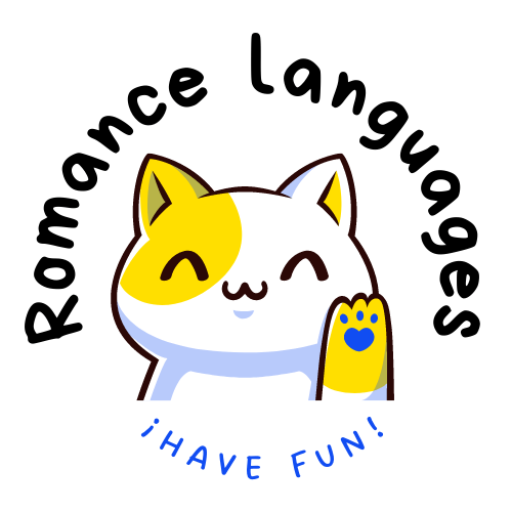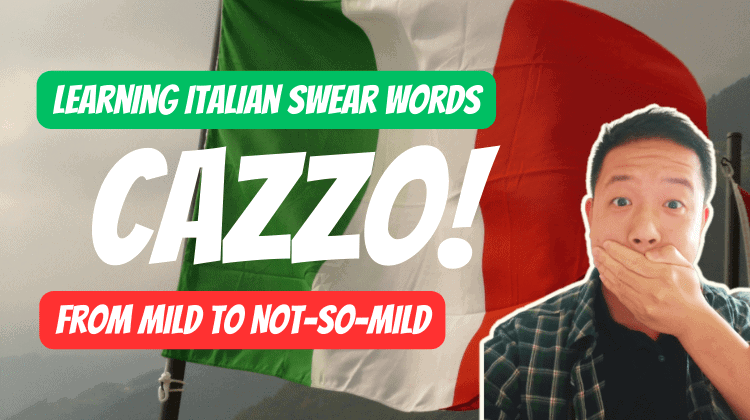Bad words are a part of all the languages around the world, including Italian, English, Chinese and others. Italian is known for its beauty and elegance, but did you know that it also has its own set of words for cursing?
In Italy, it’s pretty common to hear people use Italian swear words, also known as “parolacce” in their everyday conversations, particularly when it comes to the less harsh and more mild profanity that has become a part of the country’s vernacular.
In the following blog post, I will be presenting a comprehensive overview of various Italian swear words, ranging from the mildest forms of cursing to the more intense and offensive expressions.
1. The Mildest Italian Words for Curse
Let’s start with the mildest Italian words for curse. These expressions are still considered vulgar, but they are the least offensive of all the Italian curse words. Here are some examples:
- Accidenti! (Darn it!)
- Cavolo! (Cabbage!)
- Porca miseria! (Poor misery!)
- Mannaggia! (Darn it!)
- Madonna! (Madonna!)
- Mamma mia! (Oh my!)
- Mizzica! (Holy cow!)
- Cacchio! (Heck!)
- Porca paletta! (Poor shovel!)
- Che palle! (What balls!)
- Che noia! (What a bore!)
- Che barba! (What a beard!)
You can hear these words in daily life in Italy. However, they may still be considered impolite in formal settings.
2. Mild Italian Words for Curse
If you need to express your frustration a bit more strongly, the following Italian curse words are considered mild. They are still not as offensive as the not-so-mild curse words, but they can be perceived as more aggressive. Let’s see a couple of examples:
- Cazzo! (F***!)
- E che cazzo ( What the f***!)
- Merda! (Sh**!)
- Stronzo! (A**hole!)
- Bastardo! (Bastard!)
- Testa di cazzo! (Dickhead!)
- Vaffanculo! (F*** off!)
- Va’ a quel paese! (Go to hell!)
- Porco dio! (God damn it!)
- Cornuto! (Cuckold!)
- Coglione! (Idiot!)
You’ve got a bunch of Italian words and phrases to use the next time you’re in a bad mood, but be careful not to insult anyone’s mamma, ’cause that’s a big no-no in Italy and can get you in trouble!
3. Not-So-Mild Italian Word for Curse
Lastly, we arrive at the more severe Italian expletives that are considered highly offensive and should only be utilized in exceptional circumstances or with trusted confidants who are familiar with and understand your comedic inclinations. Here are a few instances:
- Dio cane! (God damn it!)
- Porca troia! (Dirty whore!)
- Porco zio! (Dirty uncle!)
- Porco mondo! (Dirty world!)
- Culo! (A**!)
- Minchia! (F***!)
- Figa! (P***y!)
- Cazzaro! (Bullshitter!)
- Cornuto e maledetto! (Cuckold and damned!)
- Fanculo alla madonna! (F*** the Madonna!)
You can see above, we have many phase with the word “porco”. And what is a “porco” 🐷 in Italian slang? Why Italians use this animal as an insult?
The use of the word “porco” (pig) in Italian swear words can be traced back to the country’s rural and agricultural roots, where pigs were often raised and played a significant role in the local economy. Over time, the term “porco” became associated with negative characteristics and undesirable behavior.
As a result, it became a common element in Italian profanity. Additionally, in some cases, the use of “porco” as a swear word is a way to indirectly insult someone’s mother, as the word can also be used to refer to a woman who is considered promiscuous or immoral.
Also interesting: Why Italian is considered the Most Beautiful Language?
Conclusion
Well, I hope now you get enough Italian word for curse. It’s important to note that these words are not acceptable in formal or professional settings, and they can be offensive to many people. If you’re not sure whether a word is appropriate, don’t say it, per favore!
That’s it! I hope this blog post helps you navigate the world of Italian cursing with a bit more confidence. Remember, while these words can be useful in certain situations, they should always be used with caution and respect for others.
Ciao👋. A presto!











This Post Has One Comment
Et le mot ‘’ caspita è’ qu’est-ce que sa veut dire